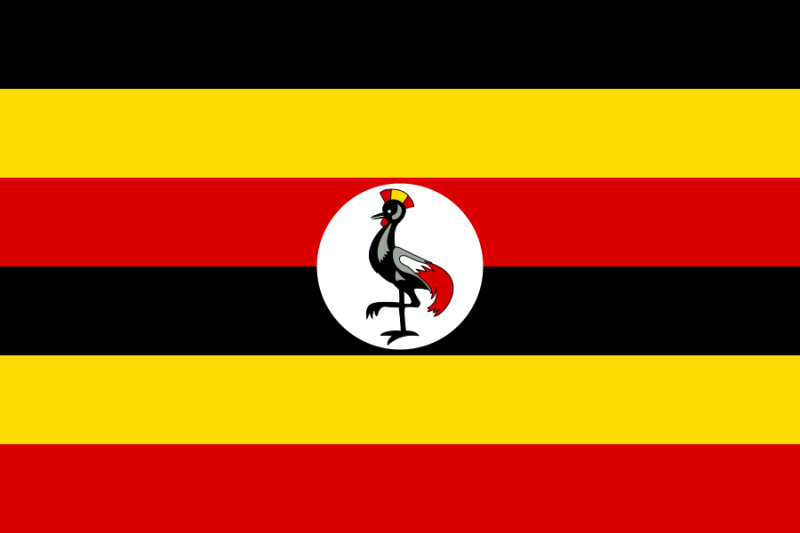
Uganda
Uganda is located in the east of Africa, right on the equator. The country is surround by their neighbours Kenya, Tanzania, Rwanda, Congo and South Sudan and borders to the largest lake of Africa: Lake Victoria. In the early days Uganda was part of the British Colonies. That is why almost everybody speaks English. Since October 9th 1962 Uganda became independent.
Capital city: Kampala
President: Yoweri Kaguta Museveni.
History
Uganda’s history is quite heavy. After the country was divided by the British settlers, various political and cultural differences emerged. Because of that it was difficult to maintain one system. Idi Amin’s dictatorship was the cause for the most turbulent period. He was responsible for the dead of many in the guerilla war. The reign of his successor Milton Obete did not bring much change. He also was responsible for many casualties. Peace has only just returned since 1986 thanks to President Yoweri Museveni.
Today
Nowadays Uganda is one of the safest countries in Africa. People are very friendly and greet each other by saying hello and shaking your hand. This will be the softest handshake you will ever get. Everybody is willing to help each other. If you are a tourist you can ask the locals for help. Uganda is about life first and business second. It is important to say hello and ask how you are before you fire away your question. Otherwise they might leave you hanging.
Nature
The diversity in scenery and wildlife is huge. In the east and west you will find mountains. And in the south there is Lake Victoria. Spread throughout the country you will find many plains. Depending on which season, you can admire the green landscape. The rain usually falls in April and May. When it does nature will flourish with many colours. In the game preserves you are able to admire Africans wildlife. Lions, giraffes, elephants, hippos and buffalo are some of the animals you will find here. Uganda is also the last place on earth where you can see Gorilla families in their natural habitat.